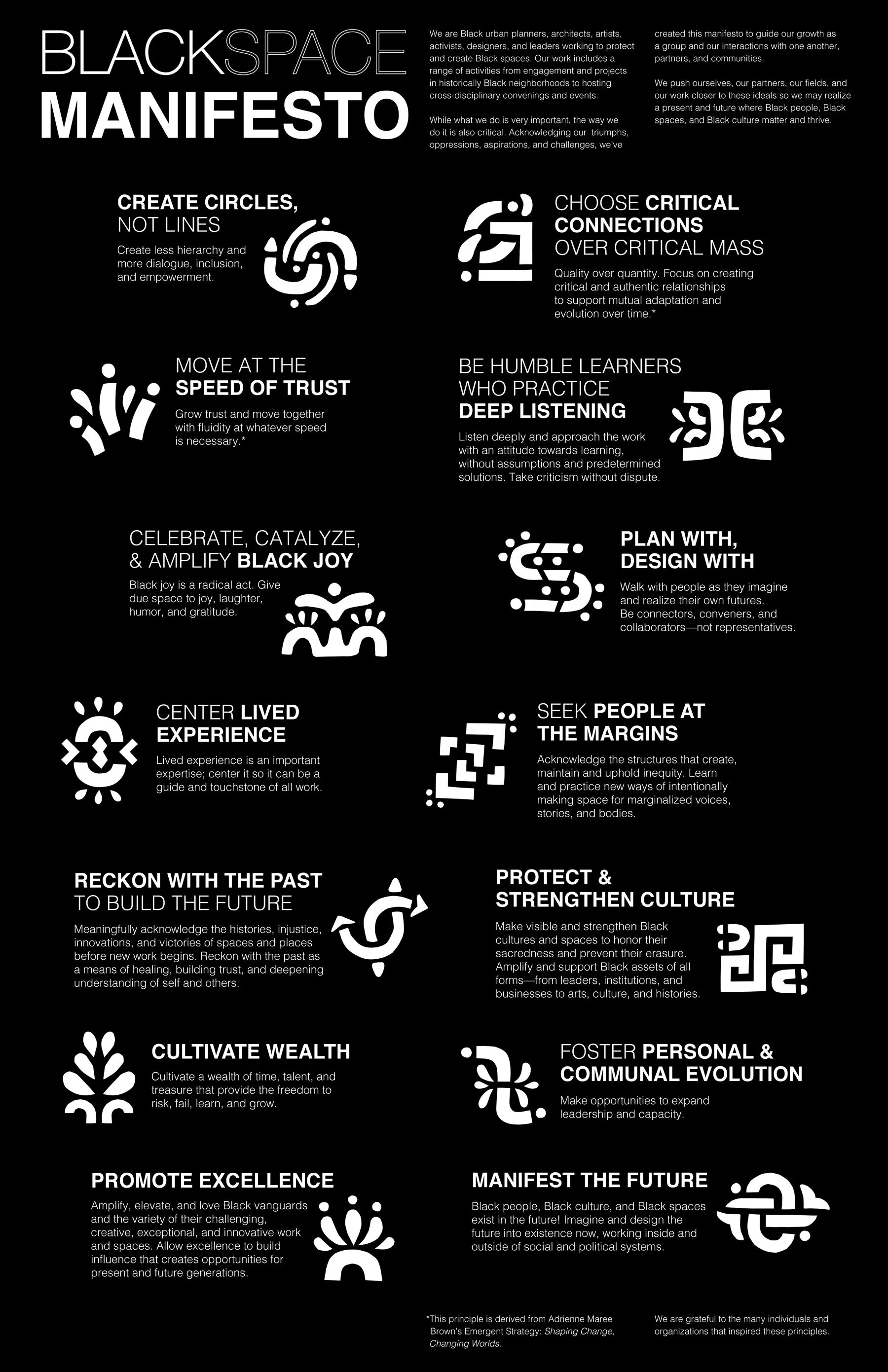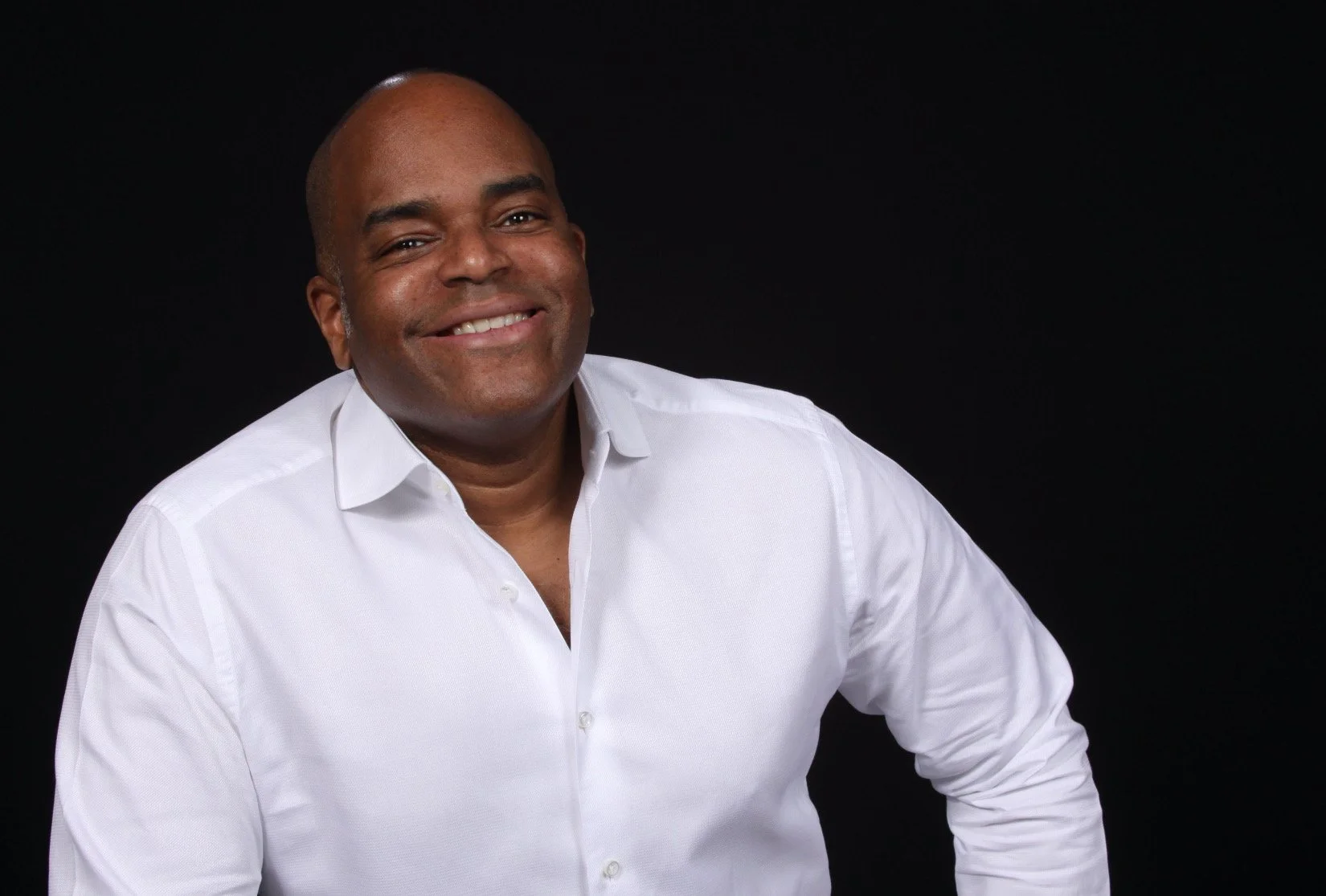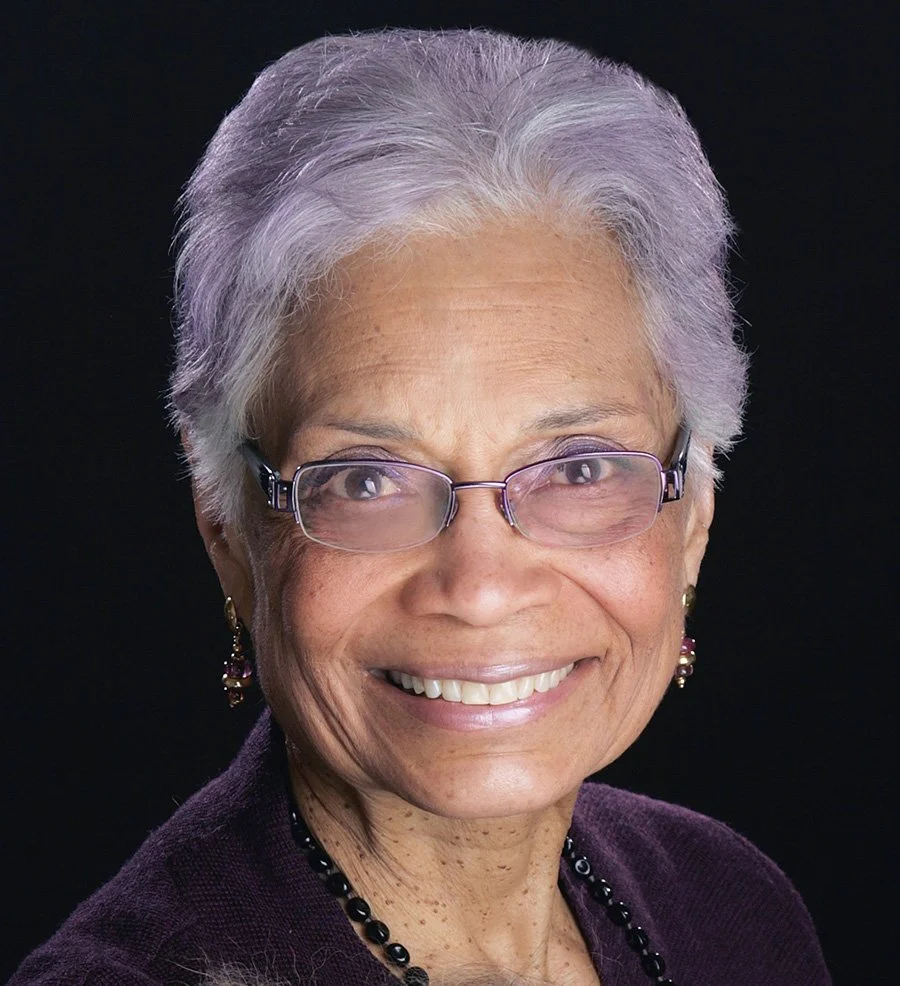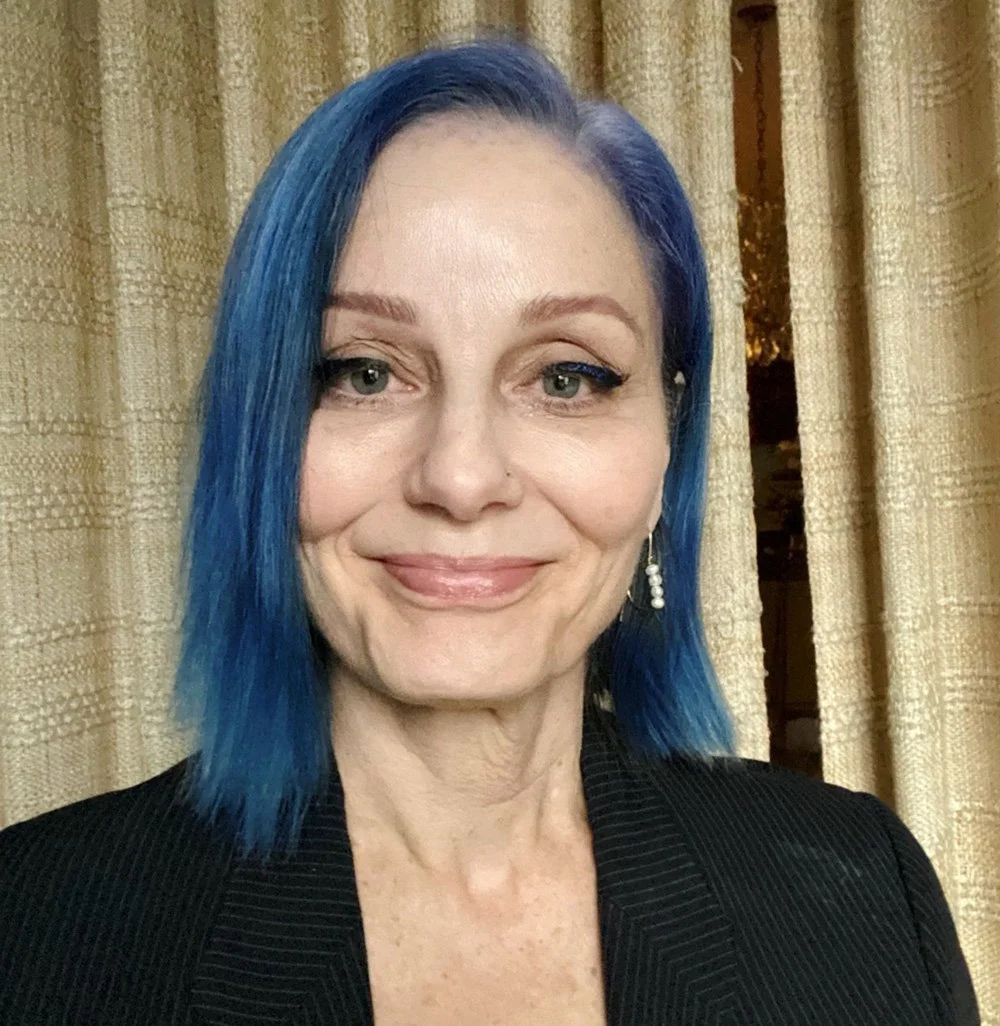LIVE BROADCAST 22 FEBRUARY 2022 @ 7P (EST)
BLACK HOPES + FUTURES 2022: UNIVERSE CITY — BLACK SPACES FOR AN AFRO-FUTURE, MASTER ARCHITECTS IN CONVERSATION WITH PETER DWAYNE ROBINSON
In African cosmology we believe that there
is no separation between the sacred and the everyday...
Before breaking ground with the hoe or planting the first seed,
we ask permission from the Spirit of the Land and make offerings of gratitude.
Each fall we celebrate the yam festival to give thanks for the harvest
and spiritually refortify ourselves with the strength of our ancestors.
In between these bookends of the season, we maintain an intimate connection
with the Divine through singing and dancing in the field,
making food and drink offerings, and asking permission before new enterprises.
We are guests and stewards on this Earth, not owners, and need to behave as such.
Leah Penniman
from Farming While Black: Soul Fire Farm’s Practical Guide to Liberation on the Land
Moderator Peter Dwayne Robinson (he/him) is the founder of WorkUrban, a design consultancy that partners with communities, individuals and institutions while engaging students on a pathway toward leadership and empowerment. Through community engagement and participatory design, WorkUrban promotes effective urbanism around the world.
As a founding board member of BlackSpace Urbanist Collective, Peter utilizes his strong belief in the power of collaboration to advance student advocacy and create community change.
A sought-after leader in the field of design consultancy, Peter also serves on the Board of Advisors for BRACE: Building Research + Architecture + Community Exchange, and has been appointed to the Board of Trustees at AIA New York | Center for Architecture.
Peter, a native of Kingston, Jamaica was raised in both Kingston and New York City. He earned a Bachelors of Architecture degree from Cornell University and a Masters of Science in Architecture and Urban Design from Columbia University. Peter teaches at the Parsons School of Design and is currently a Visiting Critic at Cornell University’s Gensler Family, AAP NYC Center. Peter is the Fall 2021 Mellon Scholar at Cornell University.
Panelist Dr. Sharon Egretta Sutton, FAIA is a citizen architect and scholar who promotes diversity and inclusivity in her profession and in the populations it serves. Her books include When Ivory Towers Were Black: A Story about Race in Americas Cities and Universities and the forthcoming, A Pedagogy of Hope: Pursuing Democracy’s Promise through Place-Based Activism, both narrating America's continuing struggle for racial justice. Dr. Sutton is a distinguished visiting professor of architecture at Parsons School of Design and has served on the faculties of Columbia University, Pratt Institute, the University of Cincinnati, the University of Michigan, and the University of Washington. She was the twelfth African American woman to be licensed as an architect, the first to be promoted to full professor of architecture, and the second to be elevated to fellowship in the AIA.
Early in her career, Dr. Sutton worked as a professional musician in New York City, most notably in the original cast of Man of La Mancha. Her fine art is in the Library of Congress and has been widely exhibited and collected. She holds degreesin music, architecture, philosophy, and psychology and has studied graphic art internationally. Dr. Sutton received the Whitney M. Young Jr. Award from the AIA, the Medal of Honor from both the New York and Seattle chapters of that organization, and the Oculus Award from the Beverly Willis Architecture Foundation. She is a distinguished professor of the Association of Collegiate Schools of Architecture and an inductee into the Michigan Women’s Hall of Fame.
Panelist Nsenga Bansfield-Maathey is a healthcare architect and master planner in New York with over twenty years of experience in her field. Working with the leading health systems in the tristate area has given Nsenga insight into the working of the local and regional health system, while her national work has provided a broader view of trends and best practice in design, planning and execution on a range of projects. In addition to practicing architecture, Nsenga has participated in panels, given talks, volunteered at schools and colleges, and reviewed student work. Nsenga has published op eds about health inequality and architecture in Fast Company and Healthcare Design magazine.
Nsenga holds a Bachelor of Architecture from Cornell University, where she was also a member of the women’s track and field team. She is currently a senior associate at HOK, a global design, architecture, engineering and planning firm of 1,700 employees. She is a New York State registered architect, a LEED Green Associate, an international WELL Advisor, and a member of the American Institute of Architects.
Panelist Heidi J. Nast (she/her) is a cultural geographer who trained at McGill University in Canada. She is now a Professor of International Studies at DePaul University in Chicago. Her current interests lie in charting why and how the proverbial Father emerged in force circa 10,000 BCE outside sub-Saharan Africa; and why, by contrast, it did not gain much traction inside the sub-continent, at least not until the Islamic slave trade began making geographical inroads in the 7th century. She is particularly interested in understanding how and why the Father took over the maternal relation for the purposes of power outside sub-Saharan Africa. This take-over would give rise to two distinct ancient slavery kinds as early as 4500 BCE—domestic and plantation—with Blackness coming to serve the purposes of plantation slavery in the Sahel as early as the 5th century BCE. Understanding how ‘race’ becomes an additional lever of the Father for exploiting the maternal body provides insights into ontological differences in love. Heidi has published widely across a number of fields, including African Studies, geography, and psychoanalysis. Her book, Concubines and Power (2005) won the inaugural Aidoo-Snyder Book Prize of the Women’s Caucus of the African Studies Association. Working with royal household members residing in the largest Islamic palace in West Africa (Kano, Nigeria), the book shows how royal slave concubines helped centralize and consolidate state power between circa 1500 and 1990. She is currently co-editing a book, Spatial futures: Difference and the post-Anthropocene with fellow geographers LaToya Eaves and Alex Papadopoulos. It deals with the special diasporic abilities of critical Black thought to grasp the planetary need to live the maternal relation and to be otherwise.
Panelist Nick Savvides is an experienced designer and construction project management specialist with history working along all sides of the construction and real estate process. Nic began his career after receiving his Bachelor of Architecture (B.Arch) with concentrations in urban planning and sustainability from Cornell University in 2014. He began his practice of community-based design and construction implementation as a project manager at the ReNew Lots Artist and Market Incubator as well as a teaching artist at Cypress Hills Local Development Corporation, Youth Design Center, and at the New School between 2014 and 2018.
Since 2018 Nic has developed his expertise working as an architectural designer and construction manager within Architecture offices, working with developers and property owners, and as a representative of NY State running infrastructure resiliency projects. Currently, Nic works as a senior project manager of high end residential projects in New York City. Nic also runs We Build US, a mission-based construction and real estate project management consultancy through which he is an advisor to UNIVERSE CITY - an ecological public health laboratory based in East New York’s Industrial Business Zone.
UNIVERSE CITY NYC (“UC”) began in 2019 as a community arts initiative that has grown organically into a cultural and food center. UC is located at 234 Glenmore Avenue Brooklyn 11207 in East New York’s Industrial Business Zone, where most area residents live at or below the poverty line. Since our inception, we have provided our underserved community with facilitated access to curated warehouse space, wherein local leaders share, teach and inspire toward increasing artistic & cultural skill-sets to create a deeper connection to the history and heritage within those practices.
UC was created with the motivation to unite our community using love, art, technology & food as the catalyst. Art and food are sacred, and connect us to society, economy and ecology. What we eat, and how we eat, re-trace the unique ethnic identities that too often get diluted in our “modern” culture of industrial production. Food and culture help us reconnect to our individual cultural diets, talents and motivations in order to understand our unique roles in how we can all move forward together. UC programming is purposefully centered around the people in our communities, to reconnect us all to our ancestry. With curiosity and innovation, this allows us to utilize folklore, personal histories, and the arts as the lens in which to approach and develop needed community-based solutions.
MIDHEAVEN NETWORK is a brave, generative space of healing and for the building — not “rebuilding” — of a fully inclusive society. MIDHEAVEN EXISTS IN PARADOX: FROM MANY, ONE.
THROUGH live arts programming from A GLOBAL phalanx OF performance, visual art, social justice, human development and cinema/ digital/ VR voyagers, MIDHEAVEN will ADVANCE COURAGEOUS, loving & possibility-driven VISIONS to the world.
CREATIVE DIRECTOR × EXECUTIVE PRODUCER GEORGE DEL BARRIO
art director AL-KHABIR RICHMAN
DIRECTOR OF AUDIO ADRIAN MARTINEZ
DIRECTOR OF PHOTOGRAPHY BRIAN GONZALEZ
CAMERA OPERATOR IAN CHEN
COMPOSER + ASSOCIATE PRODUCER bandit lu
©2022 MIDHEAVEN NETWORK
“Remember the Power of the Pause”









